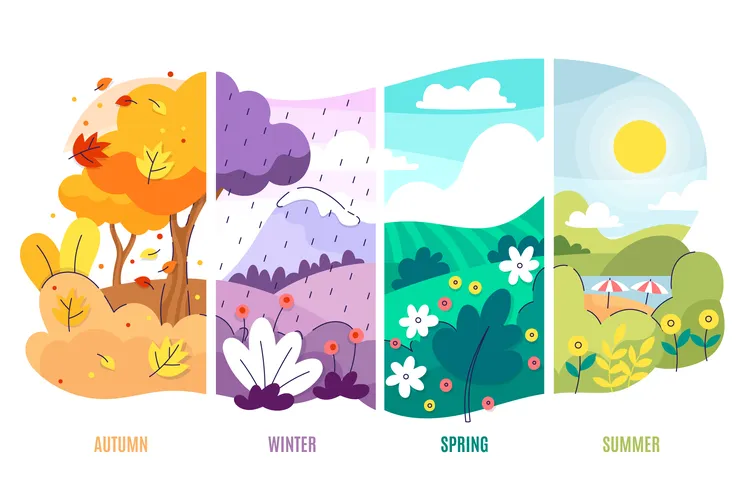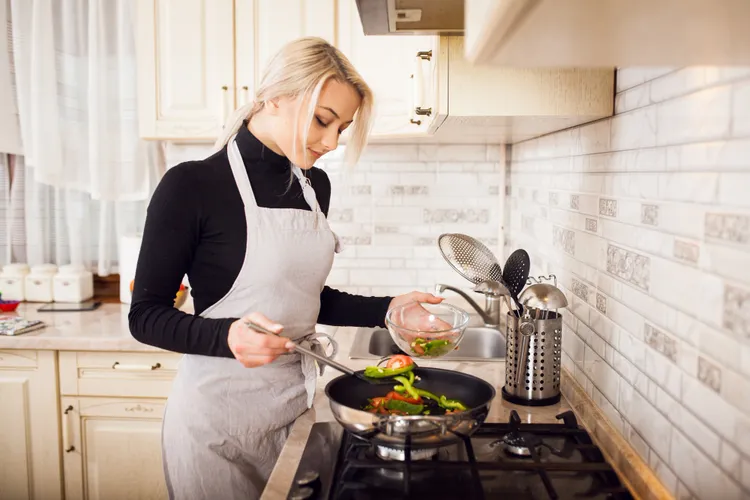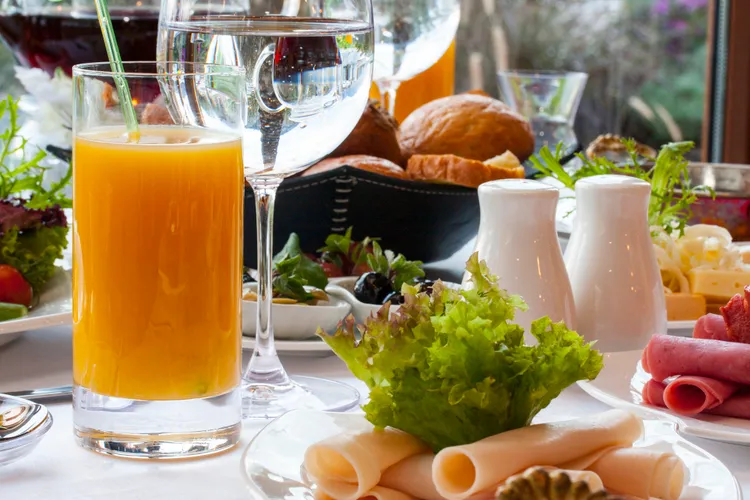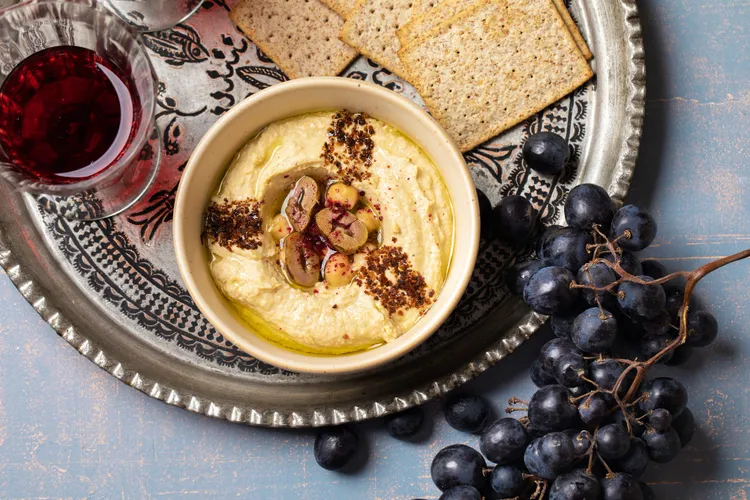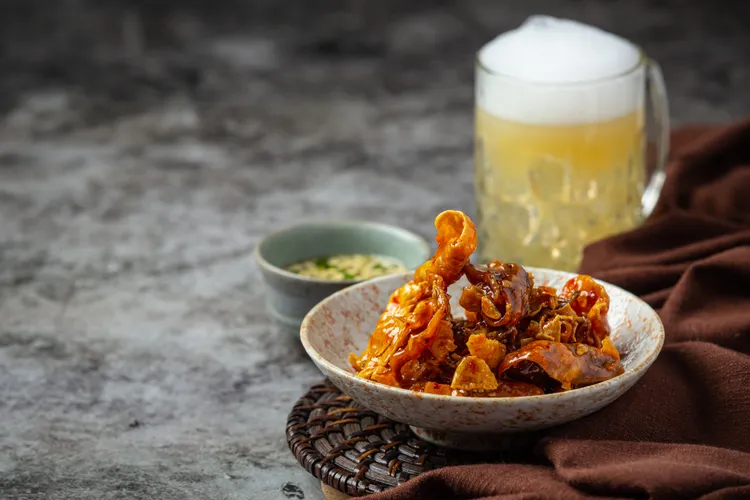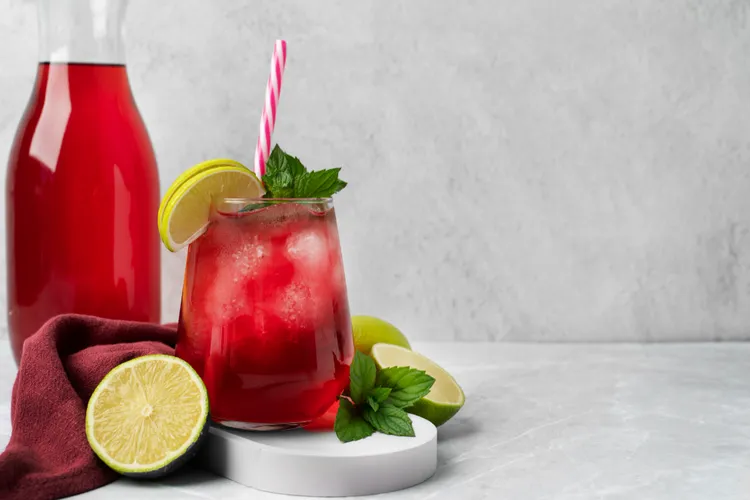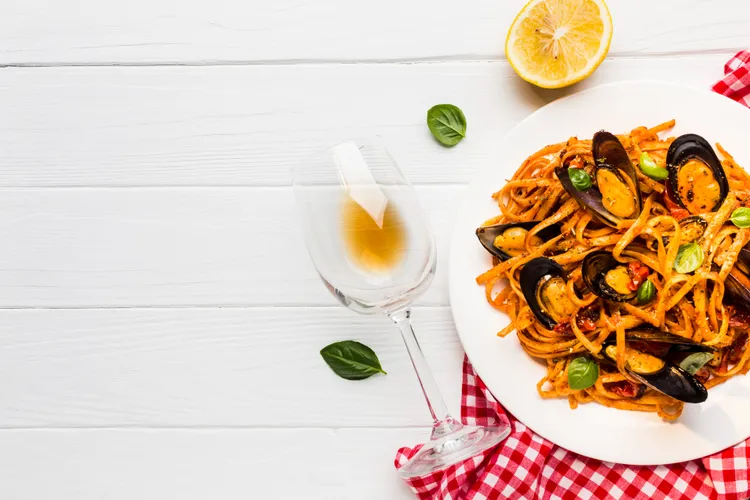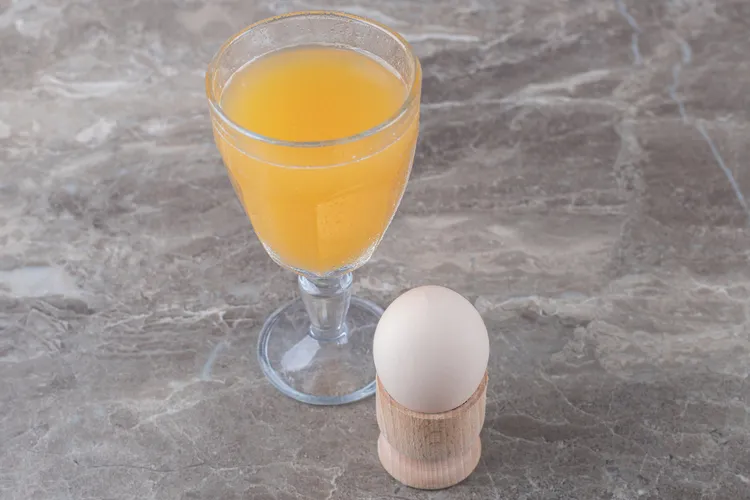Should You Drink Water While Eating? Myths vs. Facts
It's a question that's stirred debate across dinner tables, health forums, and wellness blogs. Some say it hampers digestion, others believe it’s essential for better nutrient absorption. So who’s right? Let’s break down the science, bust the myths, and give you a clear answer so you can make the best decision for your body.
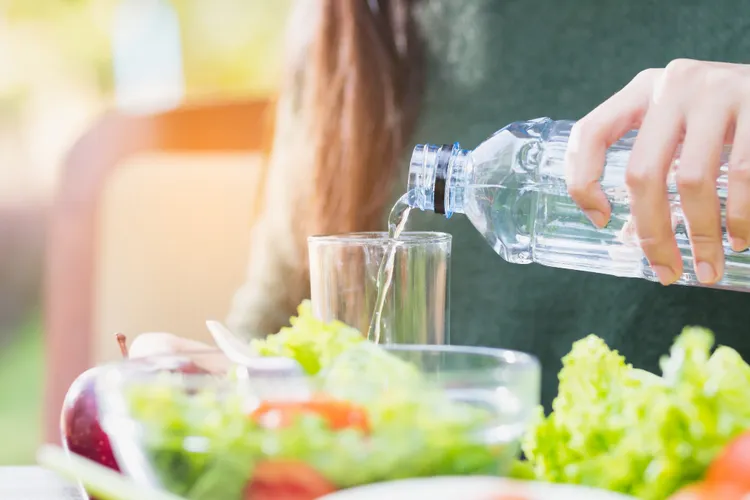
The Myth: Water Dilutes Digestive Juices
One of the most popular arguments against drinking water during meals is that it dilutes stomach acid and digestive enzymes, supposedly making digestion less effective. This idea suggests that sipping water weakens your body's ability to break down food, potentially leading to bloating, poor nutrient absorption, or indigestion.
But here's the thing: there’s no solid scientific evidence to support this claim.
Your body is incredibly smart. It regulates the production of stomach acid and digestive enzymes based on what and how much you eat. A few sips of water won’t throw that system off balance. In fact, water is a crucial part of digestion itself.
The Science: What Actually Happens?
Here’s what really goes on when you eat and drink water at the same time:
1. Water Helps Soften Food
Drinking water while chewing can help moisten your food, making it easier to swallow and less work for your digestive system. Think of it as pre-processing your meal.
2. Aids in Nutrient Absorption
Water helps dissolve nutrients and minerals, making them easier for your body to absorb in the intestines. Certain water-soluble vitamins (like B and C) actually require water for absorption.
3. Prevents Constipation
Hydration is key to keeping your digestive system moving. Water helps maintain the mucosal lining of the gut and supports smooth muscle function. That means fewer problems with bloating and constipation.
4. Supports Healthy Digestion
Contrary to the dilution myth, water stimulates the production of digestive juices, especially when taken in moderate amounts. It can actually help your body get ready to digest food by promoting enzyme activity.
When Drinking Water Can Be a Problem
While water during meals is generally safe - and even helpful - there are some instances where too much liquid might be problematic:
1. Overhydrating During Meals
Gulping down large amounts of water (especially cold water) very quickly while eating can potentially lead to:
-
Temporary bloating
-
A sensation of fullness before you've finished eating
-
Disruption in appetite regulation
2. Carbonated Drinks
If the beverage of choice is carbonated water or soda, it can introduce gas into your stomach, leading to burping or bloating.
3. Certain Digestive Disorders
Individuals with acid reflux (GERD) may find that drinking a lot during meals worsens symptoms. Water can slightly increase the volume and pressure in the stomach, which might contribute to reflux in sensitive individuals.
So... Should You Drink Water While Eating?
Yes - But Mindfully.
Here’s the takeaway:
-
Drinking moderate amounts of water during meals is not only safe - it may aid digestion.
-
Avoid chugging large volumes of water or drinking cold beverages too quickly if you’re prone to digestive issues.
-
Listen to your body. If you feel bloated or full too soon, you might want to sip more slowly or wait until after your meal.
-
If you’re managing a digestive condition like GERD, experiment with timing and portion sizes to see what works best for you.
Practical Tips
If you want to optimize your water intake while eating:
-
Sip, don’t gulp: Take small sips during meals instead of downing a full glass all at once.
-
Drink before meals: Having a glass of water 30 minutes before a meal can help prevent overeating and prepare your stomach.
-
Skip the ice: Room temperature or warm water may be gentler on the digestive system than icy drinks.
-
Finish with a small drink: If needed, a final sip after your meal can help rinse down the last bites.
The idea that drinking water during meals is bad for you is largely a myth. In reality, water plays an important role in the digestive process - from breaking down food to absorbing nutrients and preventing constipation. Like most things in health and nutrition, the key is balance and listening to your body.
